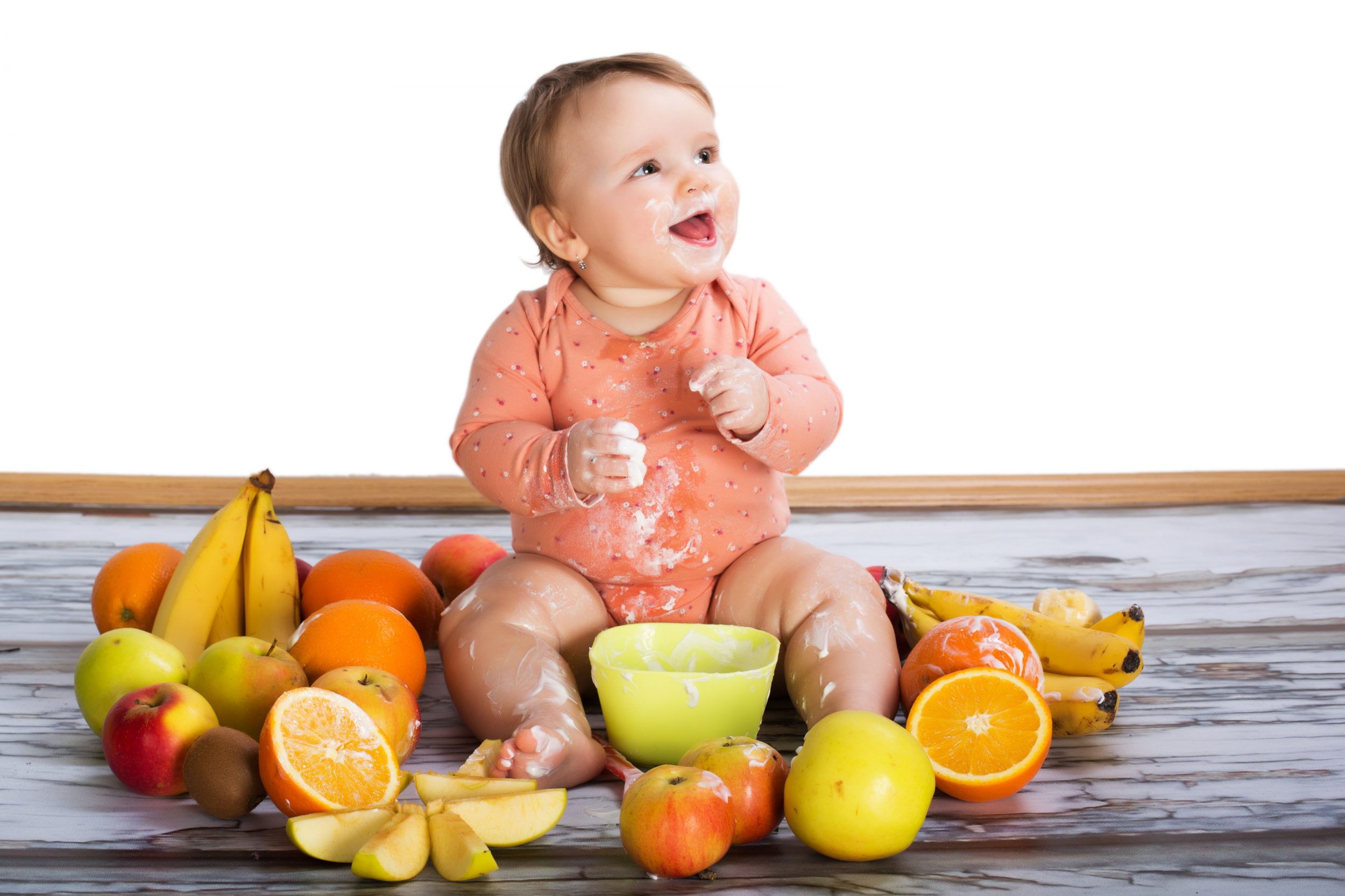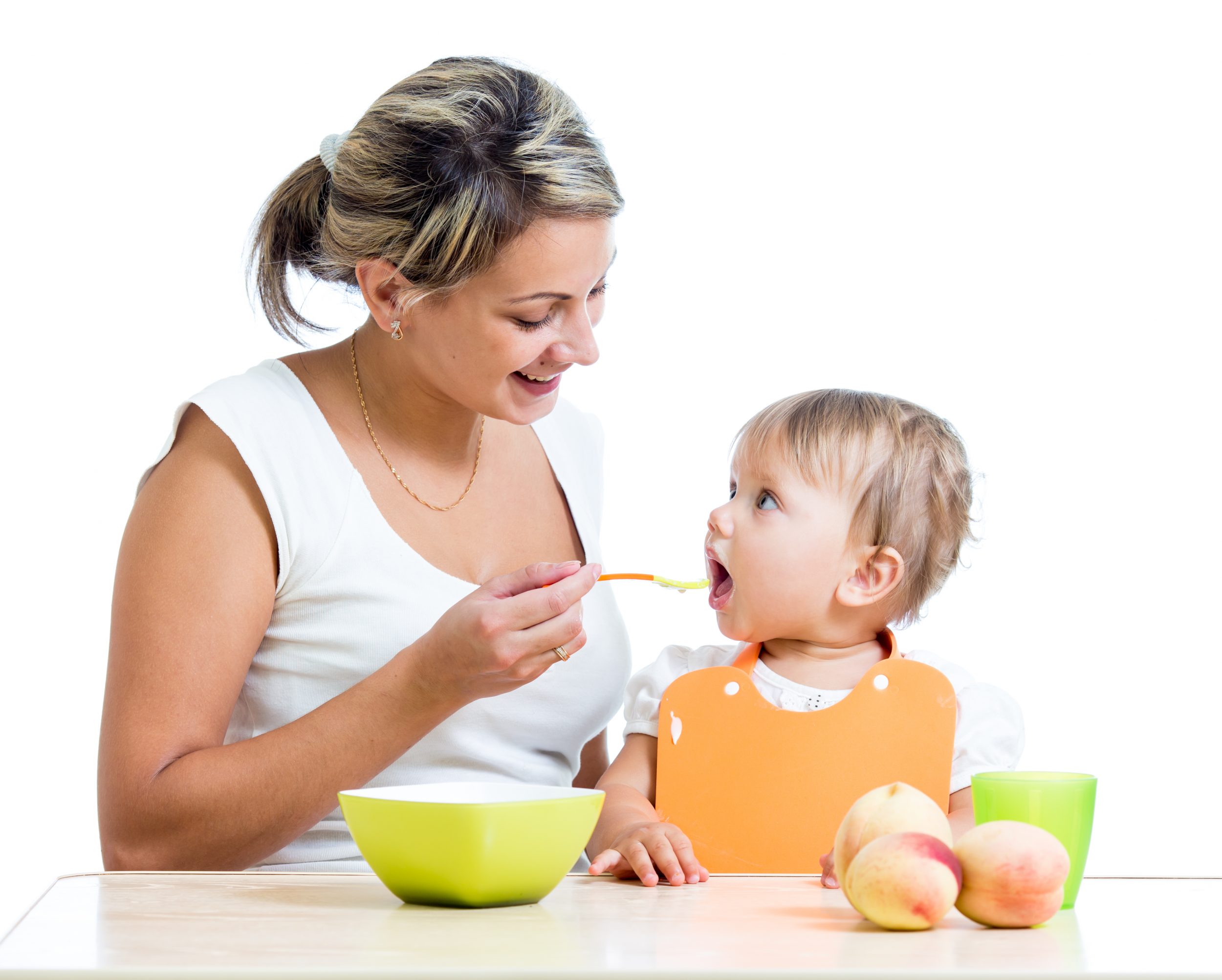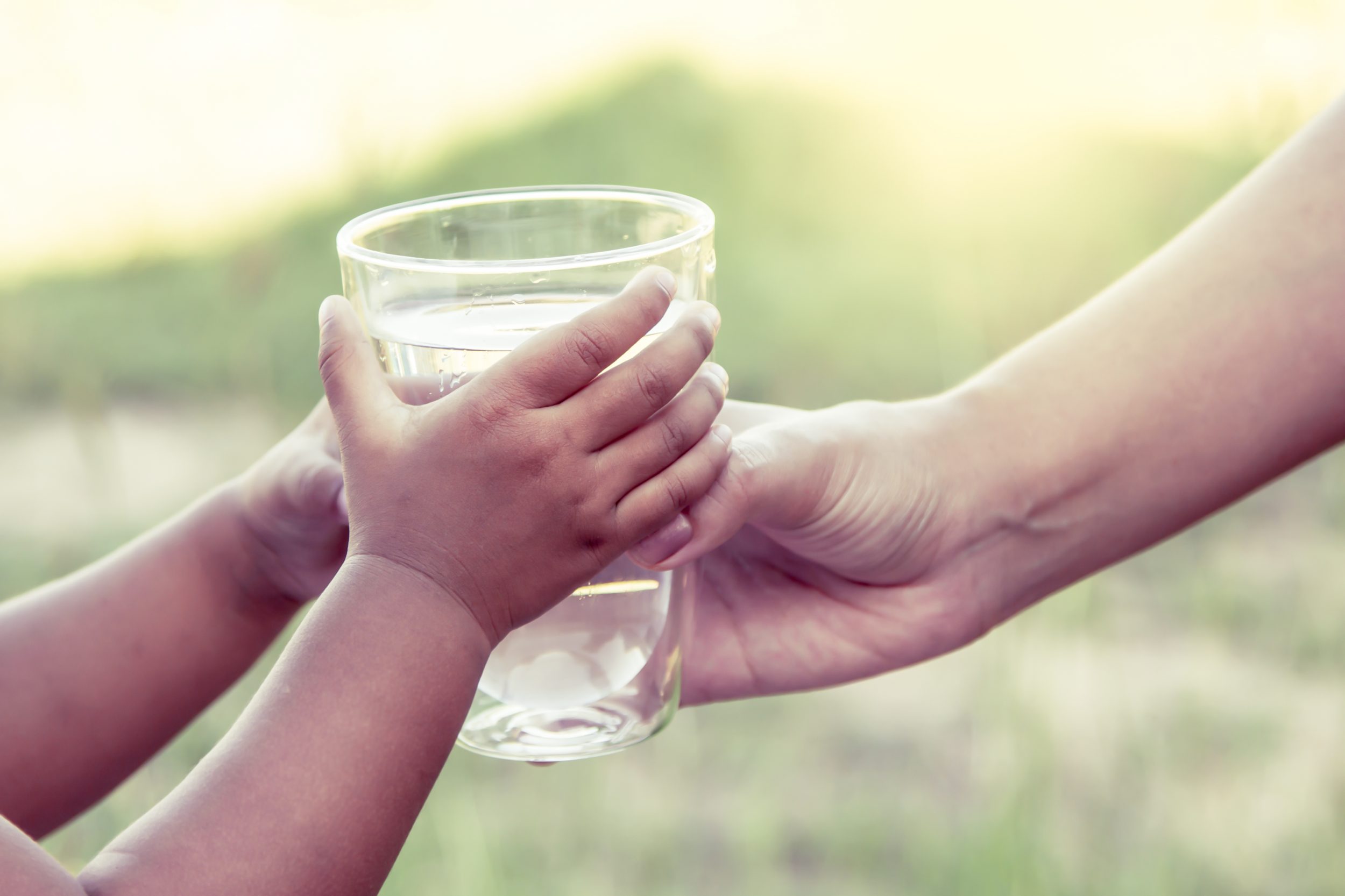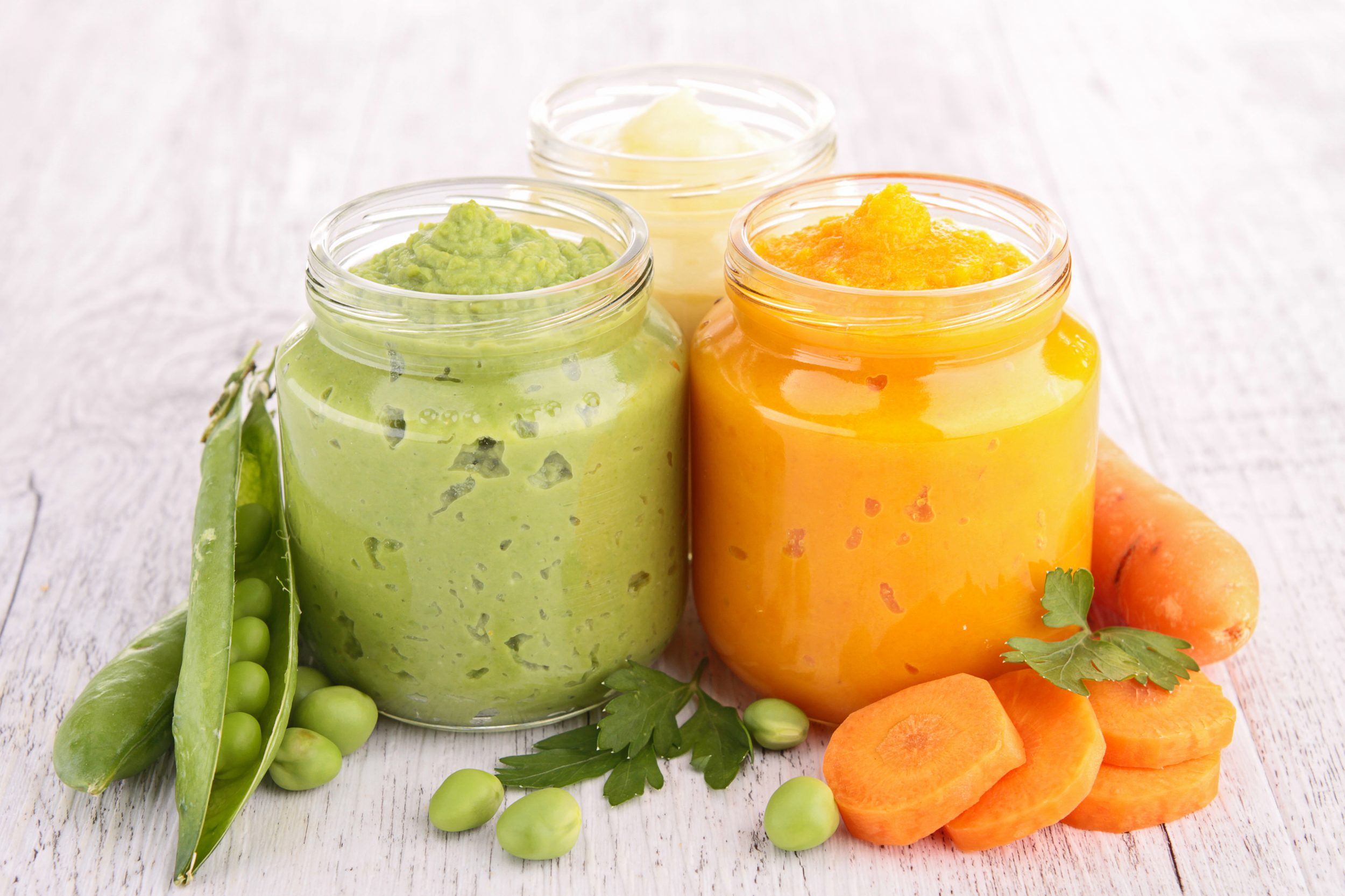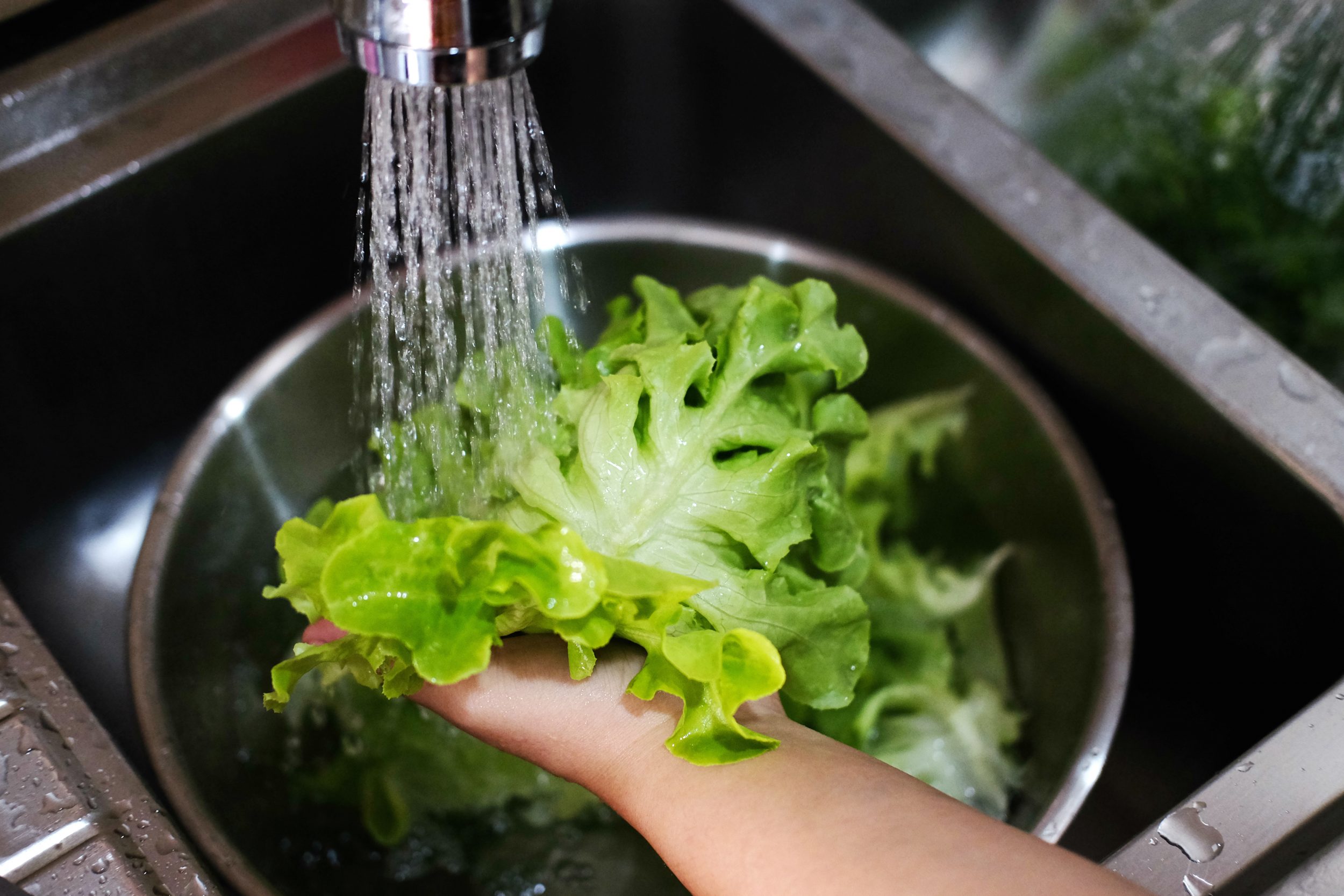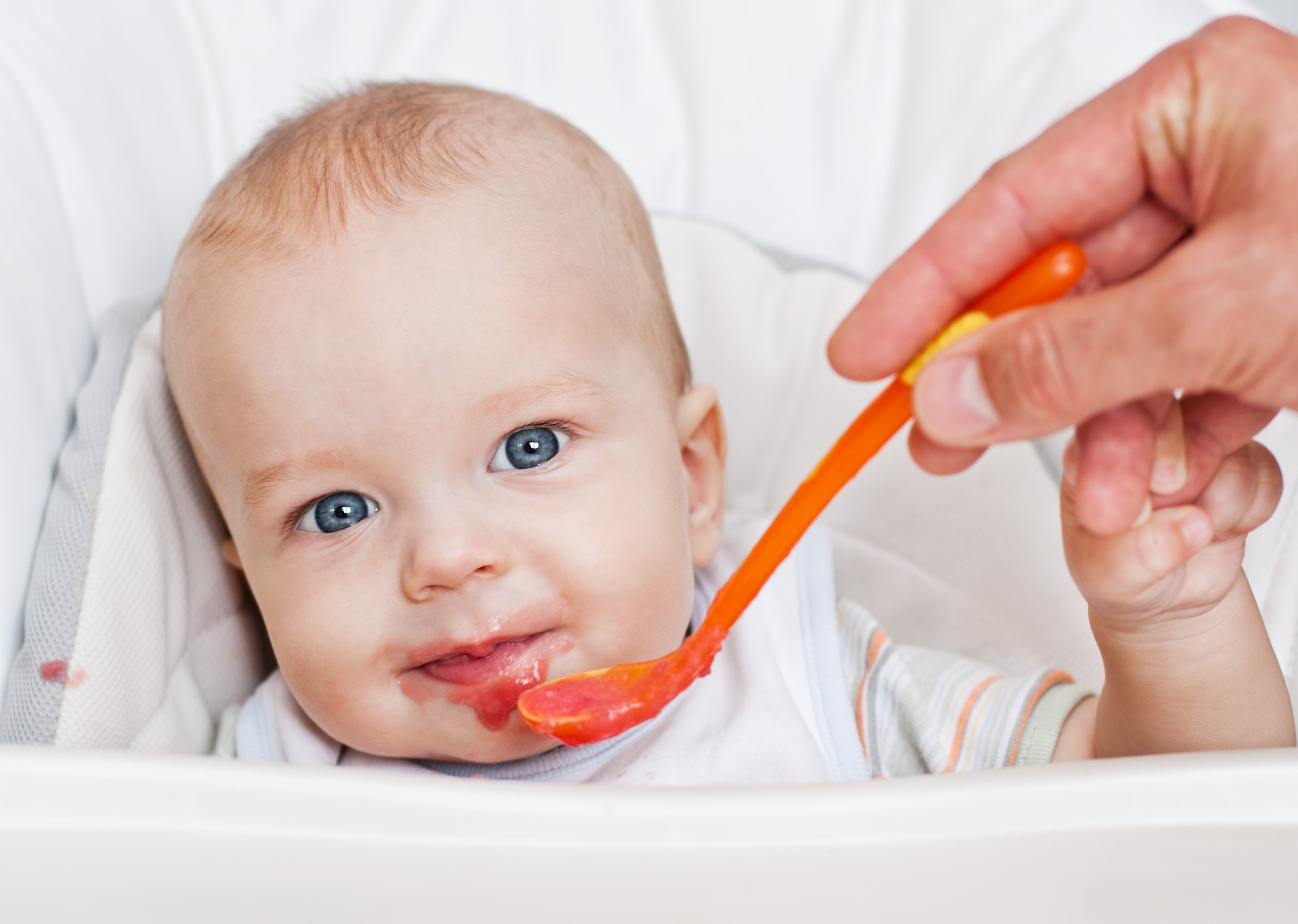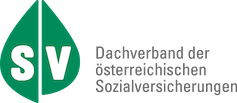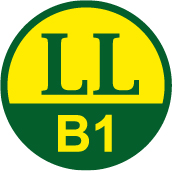
If you give new foods to your child, do it slowly. This makes it easier for you to see if your child has a food intolerance. But do offer your child lots of different foods. This way, they will get all the important nutrients.
Which solid food should we give the baby first? Solid food is food that the baby gets in addition to breast milk or baby formula. Do not worry about the order in which you introduce solid foods. It does not matter.
But it is important that your child gets enough iron and iodine. Vitamin C helps the body absorb iron from a meal. Therefore, give your child foods with a lot of iron together with foods with a lot of vitamin C. Iron is found in meat, cereals, and pulses like lentils and beans. There is plenty of vitamin C in broccoli, fennel, and berries, for example.
Iodine is found in breast milk or baby formula. Include sea fish and seafood in the solid foods. For example, you can use salmon and prawns.
Iron and iodine
In the beginning, your child will get enough iron from breast milk. But your child will need more and more iron. From the 5th or 6th month on, they will need additional food.
When you start solid foods, make sure they contain enough iron and iodine. It does not matter if you buy the solid foods or cook them yourself. Iron and iodine are important for the eyes and the physical and mental development.
There is a lot of iron in beef, veal and pork, pulses, and wholemeal cereals, for example in wholemeal flour and flakes. Vitamin C helps the body absorb iron from a meal. Therefore, give your child foods rich in iron together with foods rich in vitamin C. Broccoli, fennel, and berries, for example, are rich in vitamin C.
There is a lot of iodine in sea fish and other seafood. For example in salmon and prawns. Iodine is also found in milk, dairy products, and eggs.
Protein: yes, but be careful
Your child should get a serving of high-quality protein every day, in addition to breast milk or baby formula. Protein is found in meat, fish, eggs, wholemeal cereal flakes, or pulses. Pay attention to what your child tolerates well.
Your child does not have to eat meat and fish every day. Small amounts are enough. For example:
- a kleines Stück Fleisch oder Fisch, about 30 grams, mashed and unseasoned,
- a small egg,
- 20 grams of cereal flakes,,
- 30 grams of pulses like lentils, beans, and peas:. Weigh the pulses before cooking.
There are many different types of baby formula available to buy. If you feed baby formula, you should give your baby “Pre-Nahrung” ("pre-nutrition") for the first year of life. This food is very similar to breast milk in terms of nutrients. Baby formula should only contain a small amount of protein.
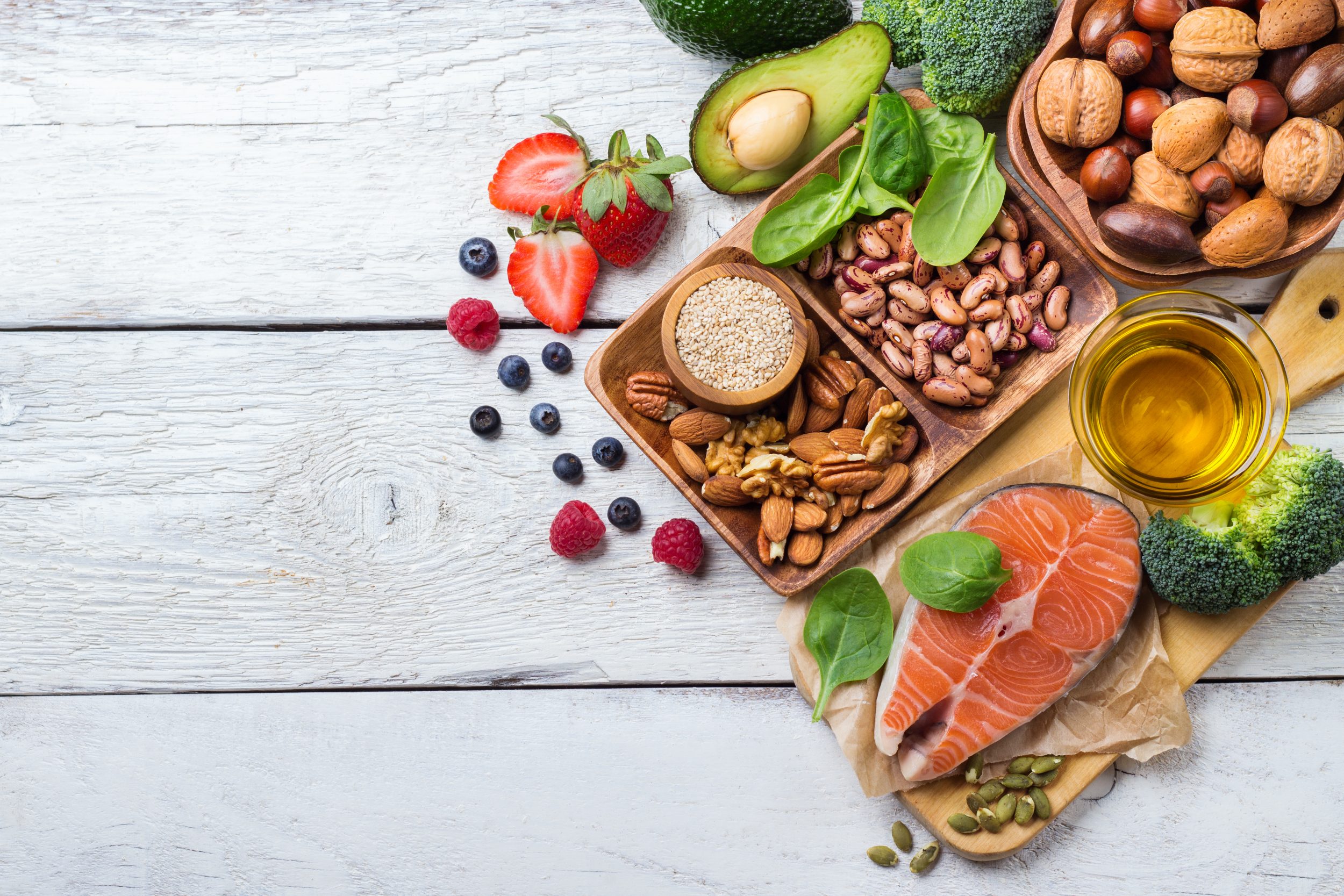
Fish: yes, but how?
Always remove all bones from fish very carefully. Always cook fish at a hot temperature. Fish should be heated to 70 to 80 degrees for at least 2 minutes.
Do not give your child raw fish, such as sushi. Do not give your child any fish that is contaminated with heavy metals. These are mainly predatory fish such as swordfish, tuna, halibut, and pike. Fish like char, salmon and trout are very healthy.
Eggs: yes, but not too many
Chicken eggs contain protein and zinc. Your child needs these nutrients. Make sure to always heat eggs well. Eggs should have an internal temperature of 70 to 80 degrees for at least 10 minutes. If you do not heat eggs or do not heat them enough, this can cause severe allergies. Eggs can also contain germs. For example, salmonella. You should therefore never give your baby raw or undercooked eggs. This also includes scrambled eggs and soft-boiled eggs.
Nuts and peanuts: yes, but only finely ground
Never give babies and small children whole or roughly chopped nuts or peanuts. The nuts can get stuck in their airways.
Fish bones are also dangerous when children inhale them. Always remove all bones from fish carefully.
Fat: use good oils
Good oils are important for your child's development. They are good for movement skills, the eyes, and the brain.
These oils are the best:
- Rapeseed oil
- Linseed oil
- Walnut oil
- Soyabean oil
- Wheat germ oil
- Olive oil
If you buy ready-made porridge, check the label to see if it already contains oil. Then you don't need to add any.
Allergies and intolerances: new facts neue Erkenntnisse
People used to believe that certain foods can promote allergies. Fish or eggs, for example. But this is not true. New studies have shown the following: If the body is given small amounts of many different foods, it can adapt to them. This can sometimes even prevent an allergy.
Therefore, do not just exclude any food. Your child should try all foods. If you suspect your child to have a food intolerance, see a doctor about it. Do not just avoid any food.
Cereals with gluten: it depends on the amount!
"Gluten" is found in the following cereals, for example:
- Wheat
- Rye
- Oats
- Barley
- Spelt
- Green spelt and Khorasan wheat (Kamut®)
But relax: Your child can have small amounts of gluten when they are older than 5 months. Give your child a maximum of 7 grams of cereals containing gluten at the beginning.
- half a slice of rusk (Zwieback) without sugar
- a small piece of bread of about 15 grams
- 1 tablespoon of pasta
- 1 tablespoon of flakes
- 1 teaspoon of semolina or flour, for example in a semolina porridge
You can gradually give your child more of these cereals.
If your child really cannot tolerate these cereals, they may have coeliac disease. Your child might get diarrhoea, abdominal pain, or foul-smelling stools. In this case, see a doctor for a medical examination.
There are cereals without gluten. These include millet, buckwheat, rice, and maize. You can always give your child more of these.
Cow's milk: yes, but not too much
When your child is 5 months old, you can use cow's milk for a porridge with milk and cereal. Offer your baby porridge with cow's milk no more than once a day. 100 to 200 milliliters of cow's milk a day is enough. As your child gets older, they can have more cow's milk.
Never give your baby or child raw milk, not even in porridge.
A few small spoonfuls of porridge with milk and cereal are enough to start with. There is no such thing as too little. Some children have more appetite, some less. If your child has a big appetite, you can offer more milk porridge. But they should not have more than 100 to 200 milliliters of cow's milk per day.
You can also use natural yoghurt or buttermilk for the milk and cereal porridge. But only once a day. Cow's milk contains calcium and vitamin B12. But the calcium and casein in milk make it difficult for the body to absorb iron. Therefore, do not give your child cow's milk together with meat.
Be careful! Cow's milk does not substitute breast milk or baby formula in the first year of life!
In the first year of life, do not give cow's milk as a drink. Do not give your child milk in sweet dairy products such as flan or hot chocolate. Curd cheese and cheese contain a lot of protein. Children should not eat these products in the first year of life. When your child is 1 year old, you can slowly offer cow's milk and bread instead of porridge.
Plant-based drinks are no substitute for cow's milk. They have other nutrients. Rice drinks are not good for your baby. They contain a lot of arsenic. You can use up to 200 millilitres of plant drink for porridge. For example, oat drink. It is important that it is sugar-free. The plant drink should contain calcium and vitamin B12.
Mealtime – but when?
In the morning, at lunchtime, even late in the evening? It is best to start solid foods when you have time, peace and quiet. Make sure that the situation is calm, with no pressure. Your child will remember these first impressions.
Any pressure or stress can make the meal difficult. Your baby decides how much they want to eat. Do not listen to advice from other parents. Learn to recognise the signs your child gives you. They will show you when they are full or hungry.
Slowly and carefully get your child used to mealtimes with the family. Then they can join you at the table.
Finish the meal when your child shows signs that they are full. Signs include pushing the plate away, throwing away the spoon, closing their mouth or eating more slowly.

